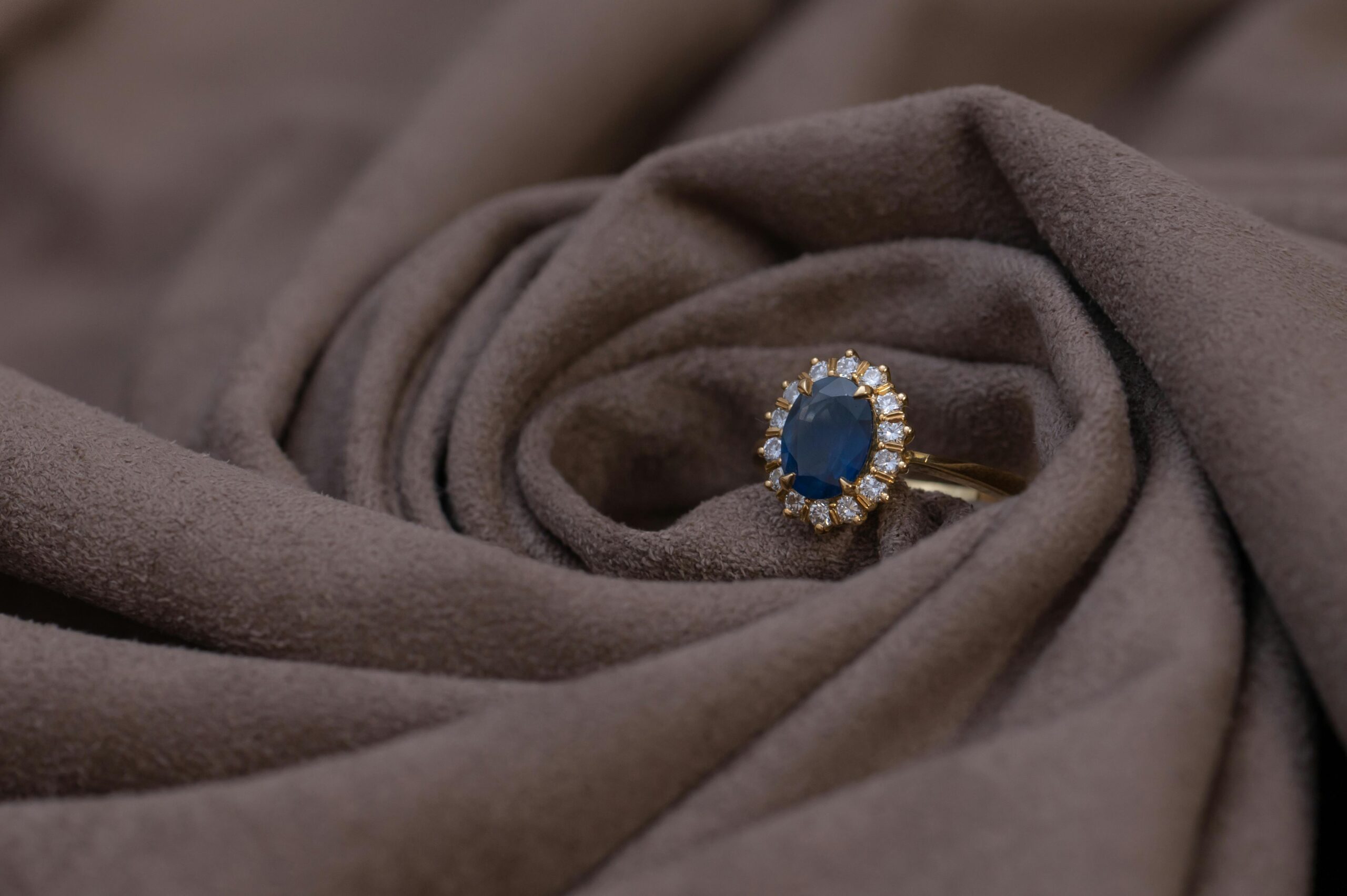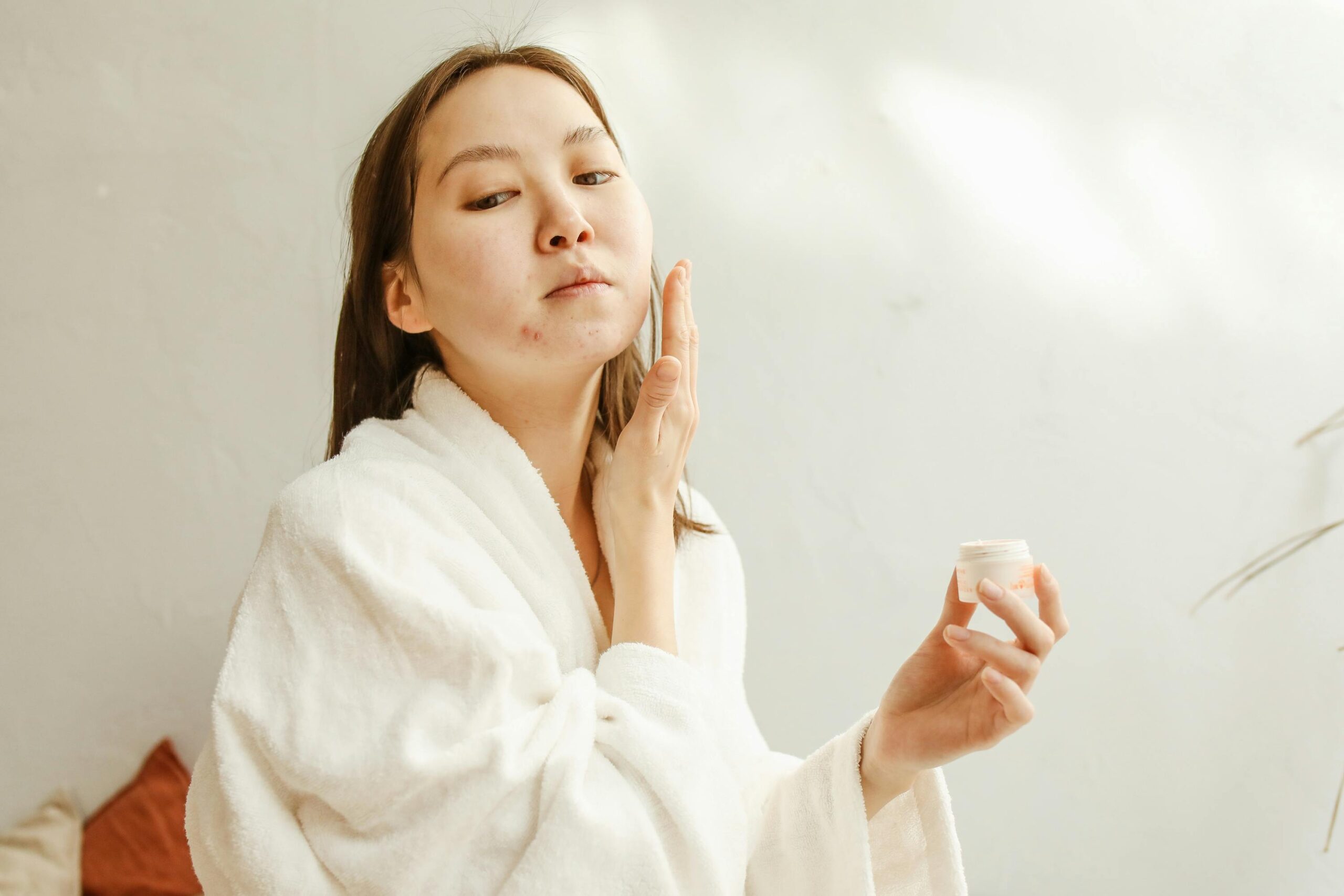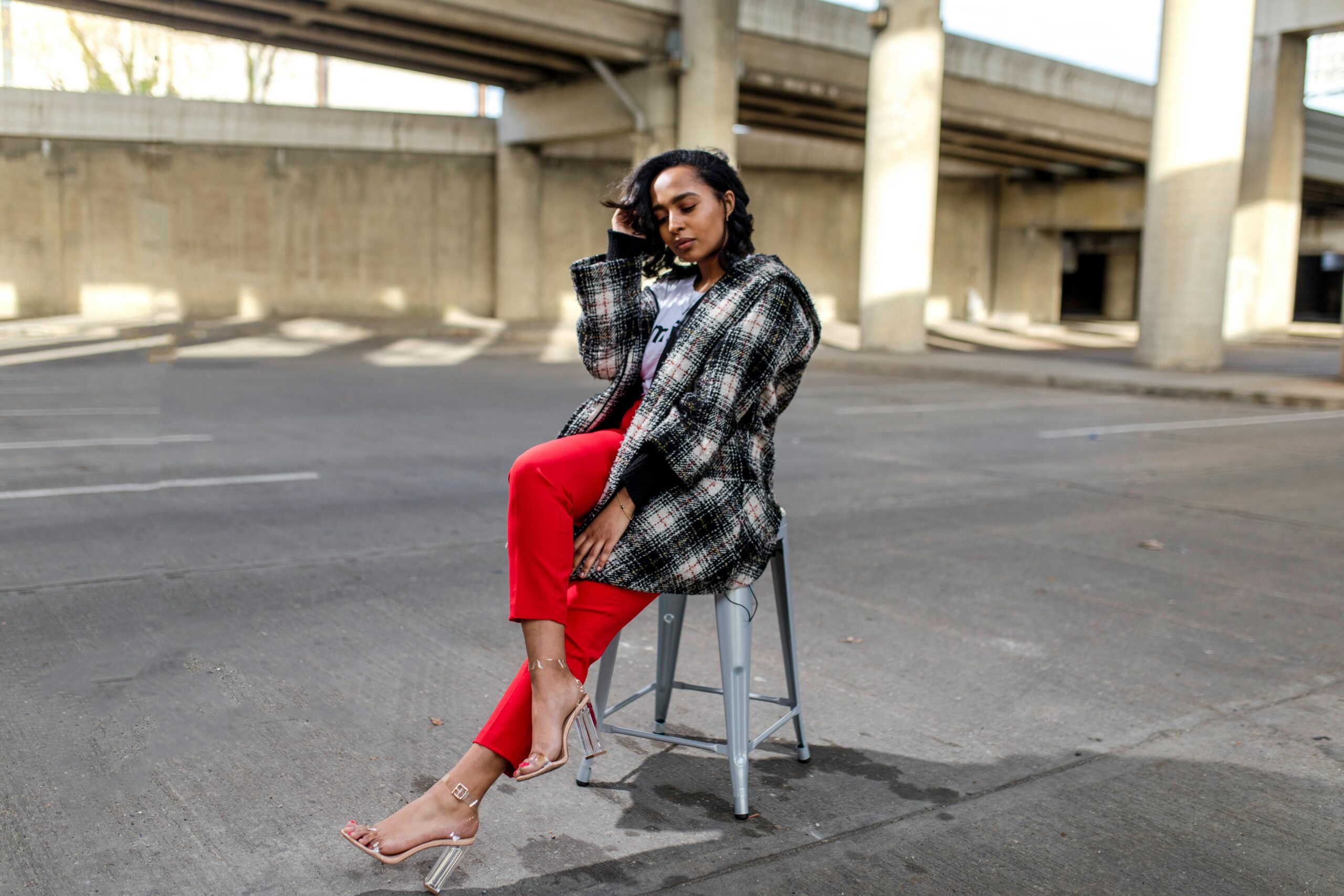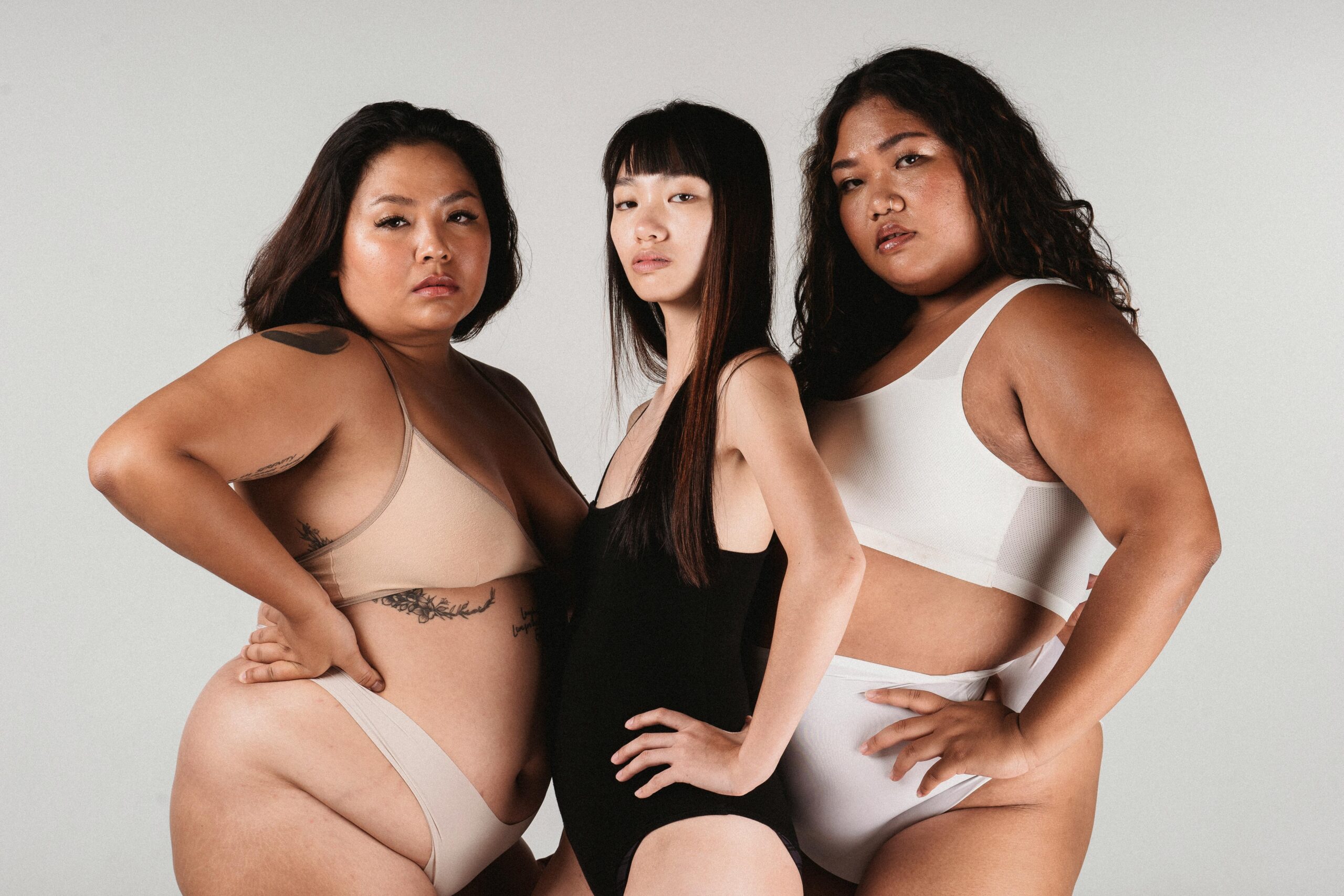It’s fast becoming a fashion trend that customers and consumers are sick of. The media has had a field day calling out brands such as Target, H&M and many others for their photoshop blunders, and even some magazines have decided to curb the amount of editing they do to the models that appear in their pages. People are basically crying out for truth in advertising, because for too long we have been sold the lie that happiness comes from changing our appearances and spending a lot of money to do it.
An organization called ‘Brave Girls Want‘ made up of activists, parents, non-profits, business, educators and more have come together to take a stand against the advertising industries harmful effects on the younger generation. They are also the same company whose member Seth Matlin had a hand in drafting the ‘Truth In Advertising’ bill which would see regulation of the industry from the highest level, the government, via the Federal Trade Commission.
After his daughter one day asked him if she was ugly, he was taken aback at how an industry can have such a profound effect on someone at such a young age.
“I began to look at the world and see the world through the eyes of this little girl, and I began to see all of the things that could get in the way of her being the happiest version of herself,” he told Fashionista.
“It was not until I had my children that I really understood it and that I really felt that I had to do something to make their world a better place. if I can help my kids and other kids grow up happier, I’ll feel good.”
With that in mind, BGW decided to take action on their own in the meantime and created the Heroes Pledge for Advertisers.
Here is what the pledge states:
Recognizing the part we can play in protecting children from the effects of “photoshopped” ads, we/I sign the Truth in Advertising Heroes Pledge agreeing:
1. To do our best not to change the shape, size, proportion, color and/or remove/enhance the physical features, of the people in our ads in post-production.
2. That if we do materially change* the people in our ad(s), we will add a “Truth In Advertising” label to these ads to ensure consumers, in particular children and teens, do not confuse an advertising “ideal” with what’s real. (Specific Label Language and Size Requirements TBD.)
3. Not to run these ads in media where children under 13 might see them.
* Material change means only changes to a person’s shape, size, proportion, color, removal and/or enhancement of individual features. If you want to photoshop a blue sky bluer; clean up a fly-away hair; fix a dog’s smile…have at it; because no harm results.
There is a form to fill out at the bottom of the page. Clothing company Modcloth, started by husband and wife team Eric Koger and Susan Gregg Koger, have become the first brand to sign the pledge and take a stand against the industry. They want to work with other companies to set a new standard of beauty and fashion, and we are hoping it will start a trickle effect.
But unlike some other brands, it was easy for Modcloth to be on board with something as awesome as this because their own philosophy reflects what the pledge is about.
“We don’t have professional models on our site and we’ve been doing this since 2002. We’ve never been a company that has misrepresented or altered the photos of our models, we’ve had hundreds of independent designers all produce clothing on our site and we’ve really worked hard to ensure they’re for women of all sizes,” said the company’s CMO Nancy Ramamurthi to Fashionista in an interview.
“I think it’s the truth and authenticity which clearly comes through in how he has supported this legislation, and has put out the petition for Dove and for other advertisers to join in,” she continues. “I think that honest and authentic point of view was something that was very aligned with who we are as a company, so we were thrilled to be the first fashion company to sign.”
The owners of the company also recognize what an important move it was for them to be on board with this pledge.
“Our company mission is to help our customers feel like the best version of themselves, and aligning with this movement to stop the extreme and harmful photoshopping of women in advertisements is one more step in the right direction,” Co-Founder and Chief Creative Officer Susan Gregg Koger said to the Huffington Post. “It is time for the industry at large to portray women in an honest and realistic way. It should be the norm, not the exception.”
We couldn’t agree more! And we know there are so many women and men dying for industry leaders to make a change. Recently, blogger and activist Jes Baker teamed up with photographer Liora K for another great project highlighting the blatant discrimination of bodies in advertising today.
They called it ‘Expose: Shedding light on collective beauty’ and it is almost like a “screw you” to the industry. The women talked about how only 5% of women’s bodies are represented in the billboards, advertising, magazines and media we see on a daily basis. So what about the rest of the 95% of the population?
Jes and Liora gathered together 96 women of all shapes, sizes, ages and ethnicities, stripped them down to their underwear and took photos of them laughing, embracing, and celebrating their bodies. Some of the photos may be shocking because we are not used to seeing these types of bodies displayed in everyday culture (you know, that whole 5% problem we just mentioned…).
“What I really wanted the women to get out of our time (how ever brief) together was that they were IMPORTANT. That their bodies deserved to be seen, that what they perceive as faults are simply THEM, and are neither right nor wrong,” said Liora in a blog post on her website.
While the pledge above may be about regulating photoshop, what the Brave Girls Want group and the ‘Expose’ project are trying to achieve is the same thing: visibility and validation for every body. We don’t want smoke and mirrors and that whole BS excuse of “fashion creates fantasy and aspiration” anymore. Who wants to aspire to something unrealistic and unachievable, and what will not make us happy in the end? How aspirational could it be if there is no meaning to it? We have said this before and we (as well as many other voices) will continue to say it out loud until these types of statements become the norm.
Here’s to Modcloth for being brave enough to be the first to sign the pledge, and to Jes Baker, Liora K and many other voices being raised to change the advertising and fashion industry to reflect who we are and something we actually believe in.






















2 thoughts on “Modcloth Becomes 1st Fashion Co. To Sign Anti-Photoshop Pledge”